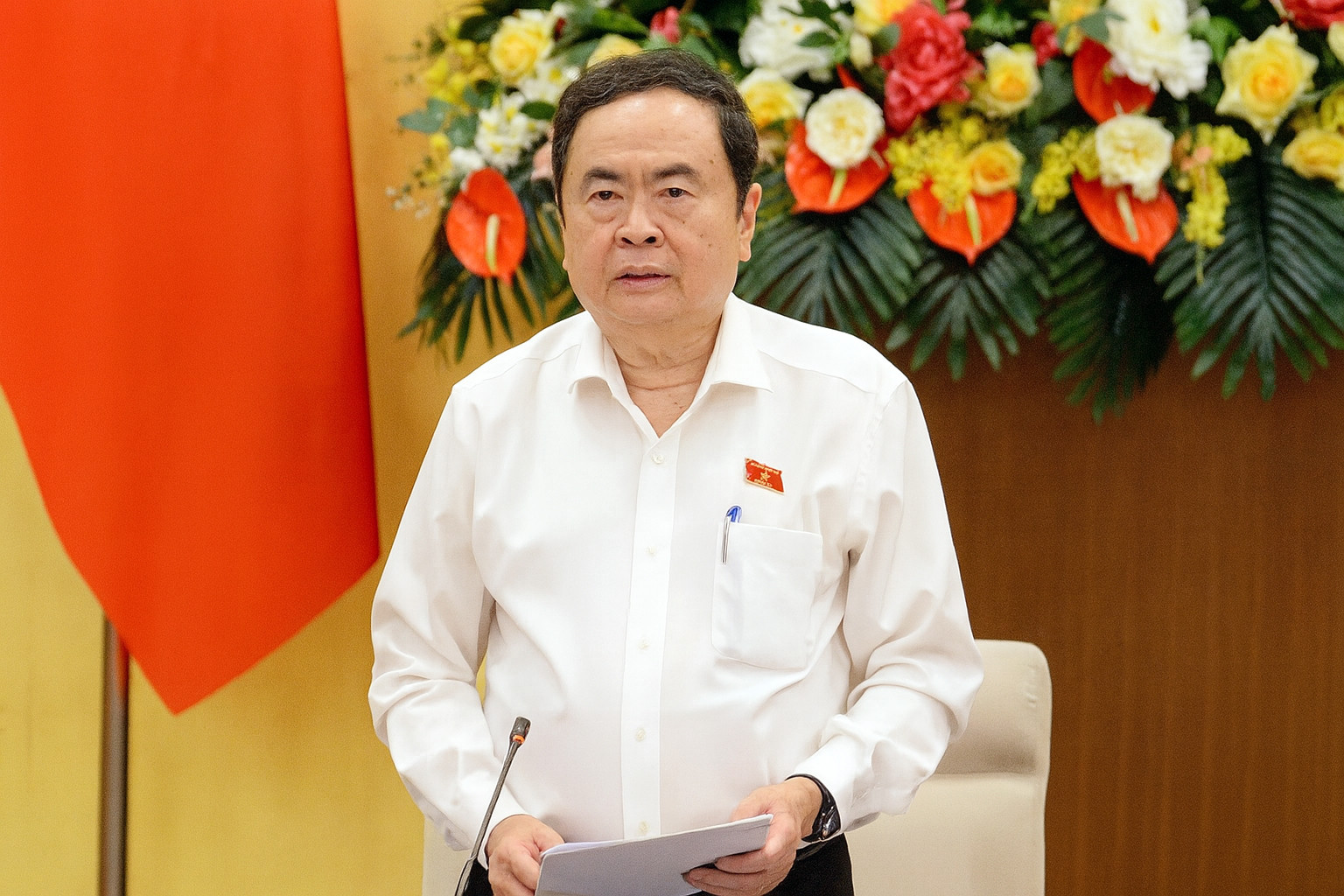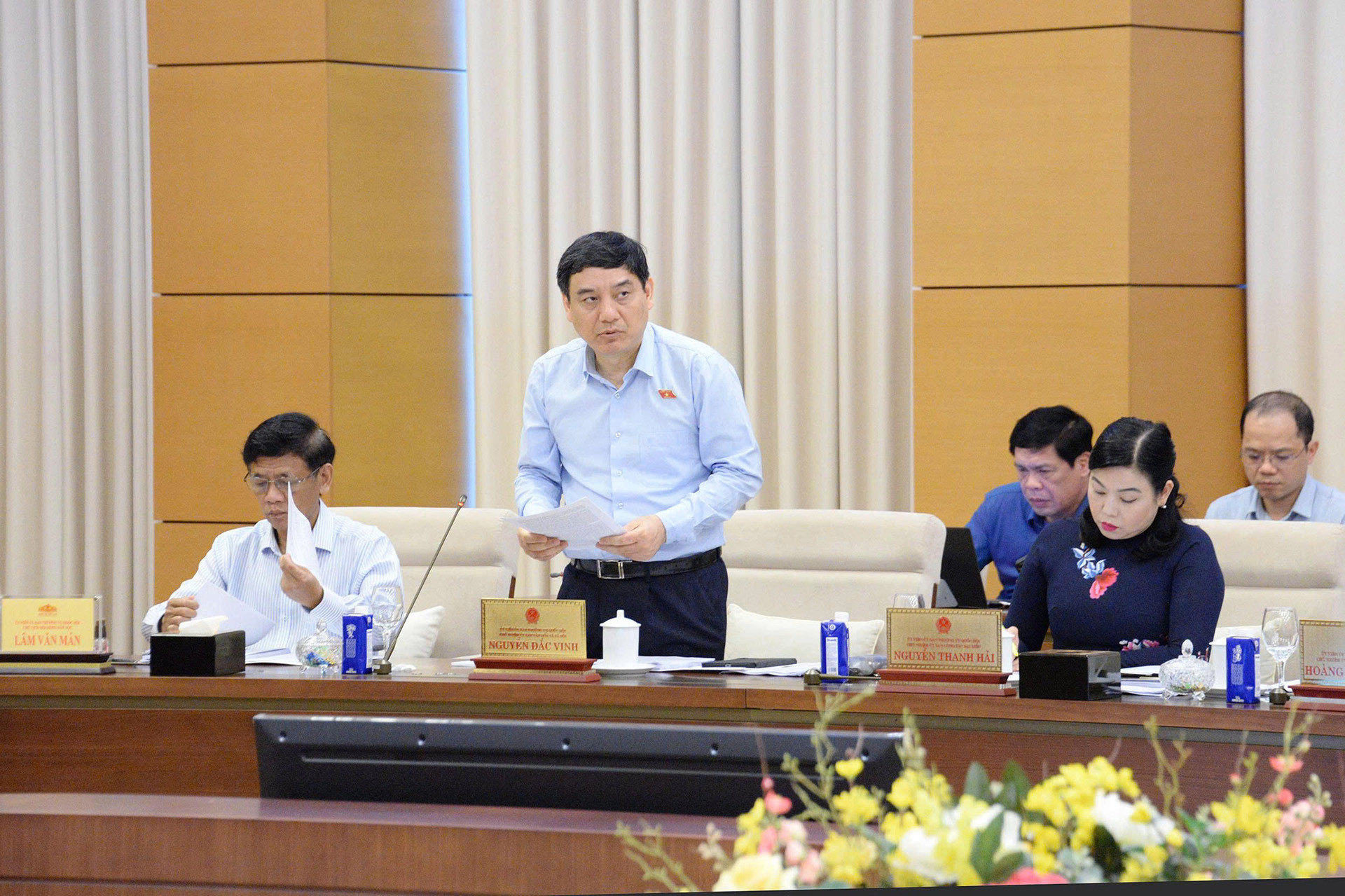Between 2018 and October 2024, Vietnam recruited 706 top university graduates and young scientists into public institutions under various talent attraction policies, according to an oversight report presented at the 47th session of the National Assembly Standing Committee.

The report, part of a nationwide review of policies and laws on human resource development, emphasized the strategic need for high-quality talent to support Vietnam’s goal of rapid and sustainable growth.
National Assembly Chairman Tran Thanh Man stressed the importance of the topic, highlighting that six strategic resolutions were being developed, including three on science, innovation, digital transformation, law enforcement, and private-sector development.
Significant challenges remain
Nguyen Dac Vinh, Chairman of the Committee on Culture and Social Affairs, noted that while public-sector recruitment has improved - emphasizing transparency and meritocracy - the structure and number of high-quality personnel remain insufficient.
The report revealed that although new academic fields and training models have adapted to labor market shifts, around 30% of university graduates do not work in their trained discipline, indicating a disconnect between education and employment.
Additionally, Vietnam still lacks leading experts and chief engineers in critical fields like advanced technology, while 38 million workers remain untrained. Informal labor accounts for 64.6% of the workforce, with poor conditions and low pay.
Limited effectiveness of overseas training

Training and scholarship programs funded by the state - especially for officials sent abroad - are falling short of expectations, with poor alignment to real-world needs and underwhelming returns on investment.
Efforts to attract skilled personnel have shown some promise. Some localities now offer higher pay, flexible working conditions, and open leadership recruitment to attract and retain talent. However, experts say reforms are too slow, and support policies remain unattractive and outdated.
Call for reforms and talent retention
The oversight report calls for:
Policy reform to attract, train, and retain top talent
Better job classification and workforce planning post-provincial restructuring
Transparent and performance-based recruitment and evaluation
Stronger incentives for overseas-educated Vietnamese and foreign experts
It also proposes the creation of a national scholarship fund from both state and private sources to support exceptional and disadvantaged students pursuing advanced studies in critical and emerging fields both at home and abroad.
This fund would prioritize training in basic sciences and strategic industries that can elevate Vietnam’s competitive edge in the global economy.
Tran Thuong